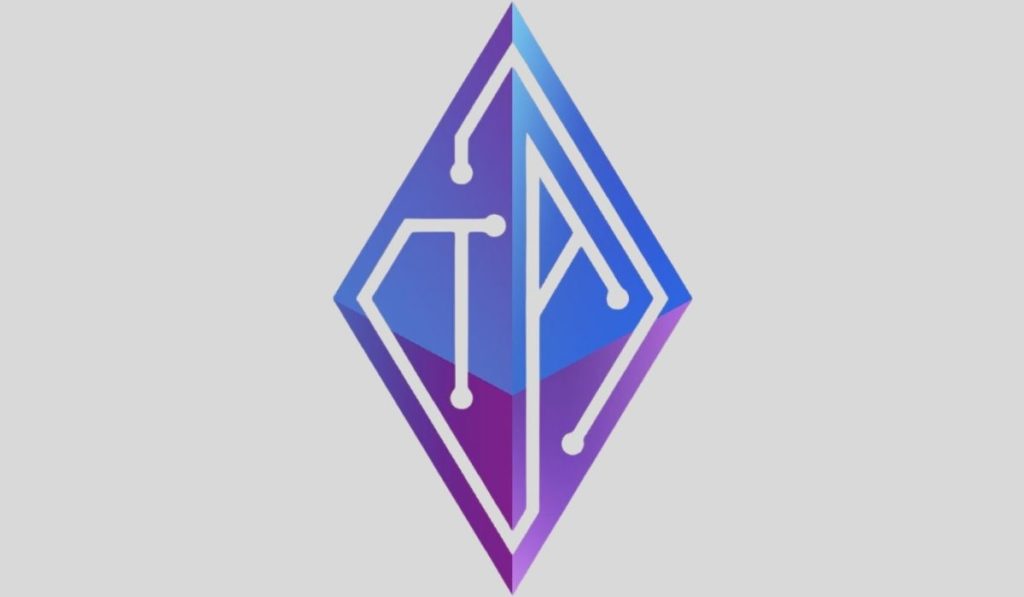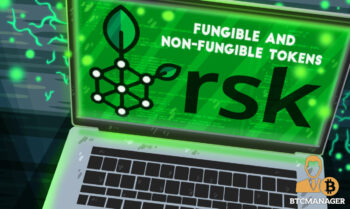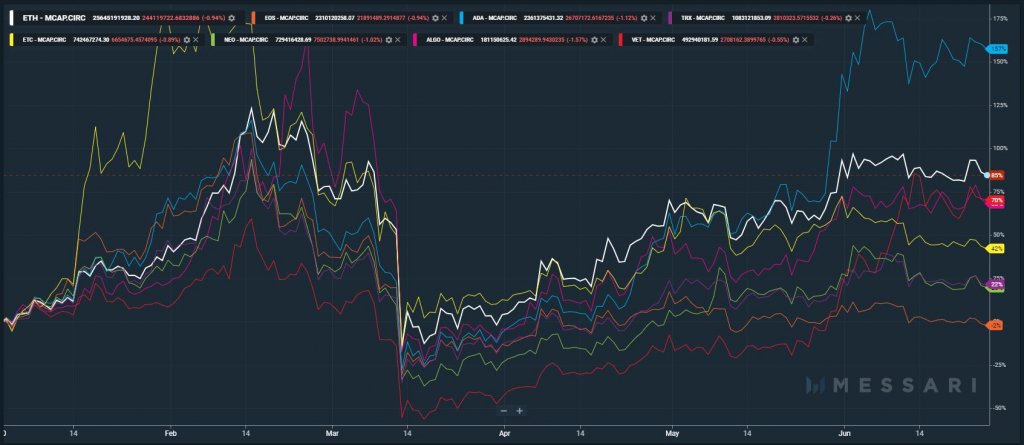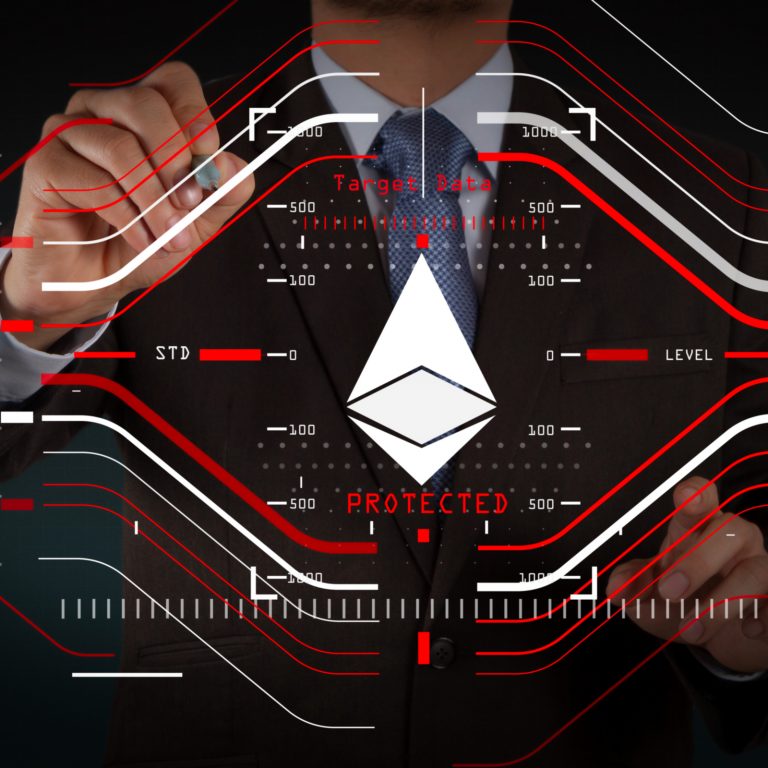
2023-12-2 17:47 |
Dark Fusion Technologies, a company whose mission is to make the power of smart contracts and tokens available on Bitcoin’s network, just came one step closer to achieving this goal.
The firm developed a Bitcoin-specific smart contract language known as the Simple Contract Language (SCL).
In doing so, it became the first company to come this close to enabling Bitcoin smart contracts, which was a rather impressive task, given that the Bitcoin network’s structure was never intended to have such products.
According to the company’s press release, the new development holds potential for the tech industry, as well as various customers and institutions.
As such, it could pave the way for a new era of secure, scalable, and interoperable smart contracts.
Advantages of SCL smart contractsDark Fusion’s new solution comes with a number of advantages, including enhanced security, increased scalability, and cross-chain compatibility.
As such, it can truly connect Bitcoin’s Layer 1 with the rest of the crypto industry in the same way as some of the largest smart contract giants, such as Ethereum, Solana, Cardano, Binance Smart Chain, and alike.
More than that, SCL will allow the development of DeFi protocols on Bitcoin, as well as tokenized assets, NFTs, GameFi, and more. The new development caters to a wide range of users, including businesses, blockchain developers, governments, financial institutions, and regular individuals.
SCL is a solution that was designed to take advantage of Bitcoin’s unique features, meaning its full decentralization, transparency, and strong security. However, it also differs from traditional smart contracts, such as the ones offered by Ethereum.
SCL-based contracts are more secure, according to Dark Fusion’s statement, and they employ single-use cryptographic seals that isolate each smart contract and make it resistant to hacking attacks.
The company also explained that the SCL smart contracts offer better scalability thanks to a method known as batching, which allows them to process multiple transactions at the same time.
Finally, SCL smart contracts are more efficient. They are written in Rust, which allows developers to use nearly any programming language to write their smart contracts in. In comparison, Ethereum requires its users to learn Solidity to write smart contracts on its network.
Deploying Bitcoin-based smart contractsThe next step for Dark Fusion is to develop and deploy SCL smart contracts on Bitcoin, and the company is already trying to achieve this in collaboration with a number of partners.
The firm’s partner client portfolio comprises multiple influential institutional and retail payment leaders, which will be meaningful for the company in the long term as it attempts to reach global expansion.
Launching smart contracts on Bitcoin has been one of the crypto industry’s most ambitious goals for several years now, but the network’s structure and technical limitations led many to conclude that achieving this goal might not be possible.
Dark Fusion’s achievement proved otherwise. Not only that, but Bitcoin’s smart contracts appear to be even more advanced than those of other blockchain projects, which might result in other networks trying to achieve something similar for themselves.
And, with Dark Fusion’s team planning to provide an open-source opportunity for developers and builders to start working on their own smart contracts, Bitcoin might soon catch up to the leaders of the smart contract space.
The post Dark Fusion to bring smart contracts to the Bitcoin network via Simple Contract Language (SCL) appeared first on Invezz
origin »SmartCash (SMART) на Currencies.ru
|
|















